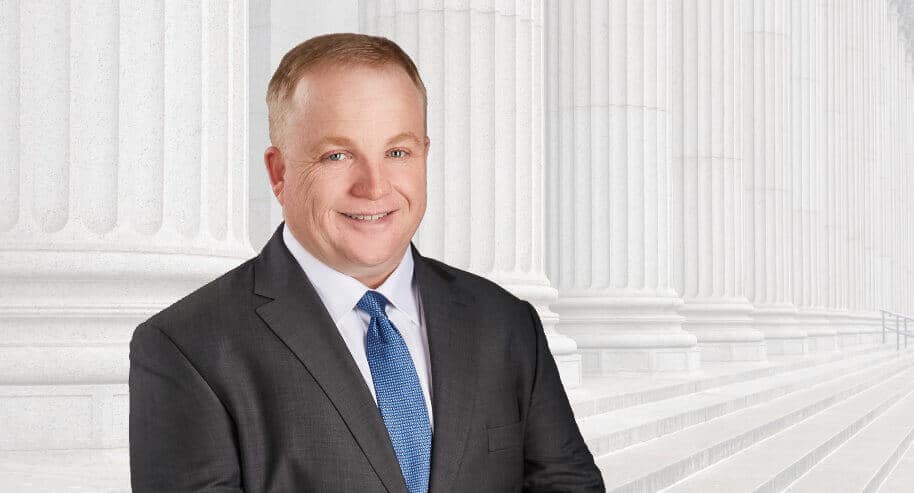
Children living in households in the midst of conflict can create unnecessary tension, and can even hinder their development and healthy lives. North Carolina courts make decisions about custody in children’s best interests. Some of those decisions affect who raises a child. For parents, stepparents, grandparents, and other relatives, raising a child in a healthy and safe environment is a top priority.
If you are trying to care for a child in your family and need assistance securing custody or visitation rights, do not hesitate to contact the Breeden Law Office immediately. Experienced North Carolina child custody attorney Jonathan Breeden will work tirelessly in the child’s best interests and he’s ready to help you protect them.
Call (919) 661-4970 today to schedule a consultation.
In North Carolina, mothers do not have an automatic right to custody. Custody decisions are based on the child’s best interests, and courts evaluate factors such as:
Mothers facing custody disputes can benefit from the support of an experienced custody lawyer to present their case effectively and protect their parental rights. Mediation is often required before a trial, fostering communication between parents. However, if mediation fails, Attorney Jonathan Breeden will represent you vigorously in court to ensure your rights and your child’s best interests are upheld.
Fathers in North Carolina have equal rights to custody and visitation, but biases can sometimes challenge a father’s role in a child’s life. To protect these rights, it’s essential to establish your legal paternity and demonstrate your ability to provide for your child’s physical, emotional, and financial needs.
Fathers may also seek child support or modifications to existing support agreements if circumstances change. Attorney Breeden can help fathers establish custody agreements that reflect their unique needs and advocate for visitation rights when those rights are unfairly denied.
While North Carolina does not formally recognize “grandparent rights,” grandparents may pursue custody or visitation if the child’s parents are unfit or unwilling to care for the child. Courts consider whether granting custody or visitation to grandparents serves the child’s best interests.
There are many reasons a household may become unsuitable for children to remain with their parents. Some reasons include instances of domestic abuse, drug use, or failure to properly care for children. Many of these scenarios will give judges a reason to relocate children outside of the familial home.
If you are a grandparent facing a challenging custody situation, Attorney Breeden can guide you through the legal process, helping you present evidence of your critical role in the child’s life and why custody or visitation would benefit them.
In North Carolina, stepparents do not automatically have custody or visitation rights unless they legally adopt their stepchildren. Without legal adoption, a stepparent’s ability to make decisions regarding the child’s education, healthcare, or religion is limited.
However, stepparents may influence custody decisions by presenting evidence of an unfit biological parent or a parent-like relationship with the child. Attorney Breeden can assist with stepparent adoption or advocate for your rights in custody disputes involving your stepchildren.
Other relatives, such as aunts, uncles, siblings, or family friends, may seek custody under specific circumstances. To be granted custody, relatives must demonstrate either:
North Carolina courts prioritize keeping children within their families when possible, but the relative must prove they can meet the child’s needs and create a thriving environment. Attorney Breeden can help relatives build a compelling case to ensure the child’s safety and well-being.
Yes, an unmarried father can seek custody or visitation, but he must first establish paternity. This can be done through an affidavit or a court-ordered paternity action. Once paternity is established, the father has the same rights as a married father.
Courts consider factors such as the child’s emotional and physical needs, the stability of each parent’s home, the parents’ ability to meet those needs, and, in some cases, the child’s preferences. The court’s primary goal is to ensure the child’s safety, stability, and overall well-being.
Yes, custody and visitation orders can be modified if there is a substantial change in circumstances that affects the child’s welfare. Either parent or party with custody rights can file a petition to request a modification.
If the other parent is denying you court-ordered visitation, this is a violation of your parental rights. You can file a motion for contempt to enforce the visitation order. An experienced custody attorney can guide you through this process.
An attorney can help you understand your rights, gather evidence to support your case, represent you in court, and negotiate custody agreements. They can also assist with paternity actions, modifications, and enforcement of existing custody or visitation orders.
Custody disputes can be emotionally taxing and legally complex. Attorney Jonathan Breeden has decades of experience handling custody cases across North Carolina, including Johnston, Wake, and Harnett counties. He understands the nuances of local courts and works tirelessly to protect the rights of parents, grandparents, stepparents, and other relatives.
By working with Breeden Law Office, you’ll benefit from compassionate guidance and aggressive legal advocacy, whether through mediation or court proceedings. Attorney Breeden will tailor his approach to your unique situation, ensuring your case is presented effectively and in the child’s best interests.
If you are facing a custody issue in North Carolina, contact Breeden Law Office today at (919) 661-4970 to schedule a consultation. Let us help you protect your rights and secure the best possible future for your family.

Attorney Jonathan Breeden knows the role of a family member in a child’s life cannot be overstated and should be preserved. To discuss your legal options regarding custody and visitation, call Breeden Law Office at (919) 661-4970 for a confidential consultation. Attorney Breeden will evaluate your situation, answer any questions you may have, and advise you on how you can reach your goals.
Call us right away or reach out to us online to see how Breeden Law Office can help.
Call Breeden Law Office today:
Call (919) 661-4970